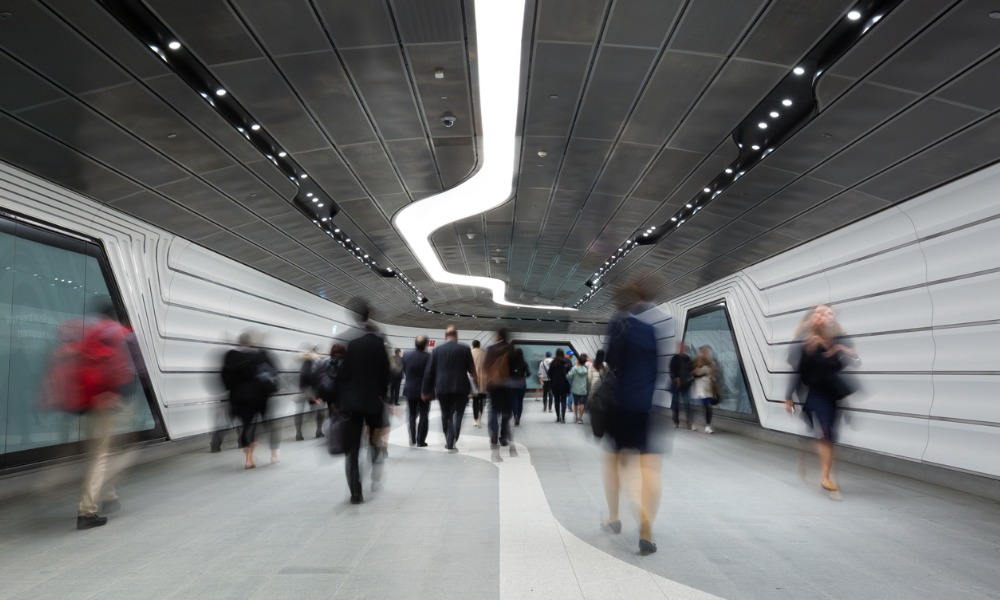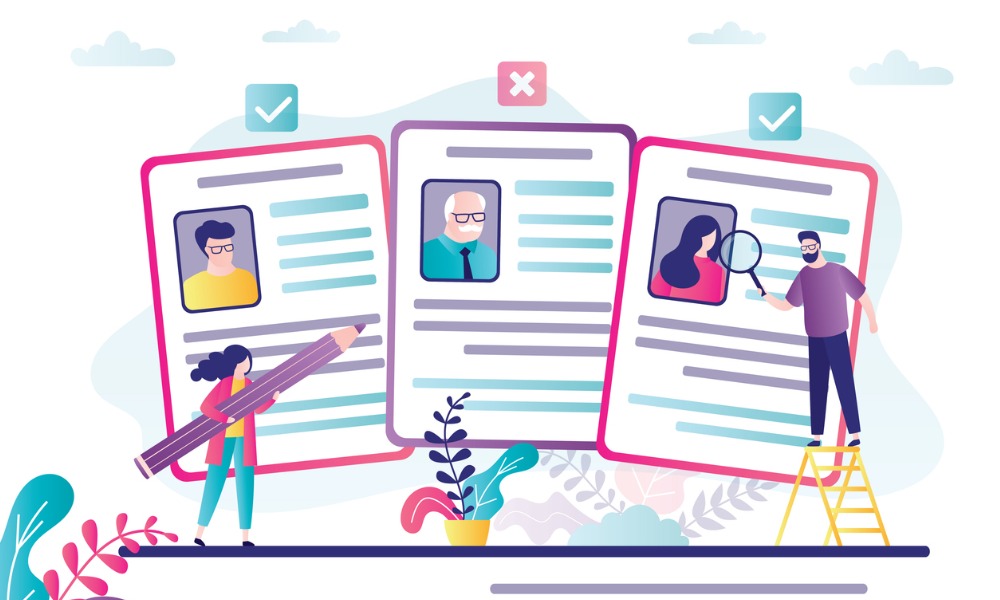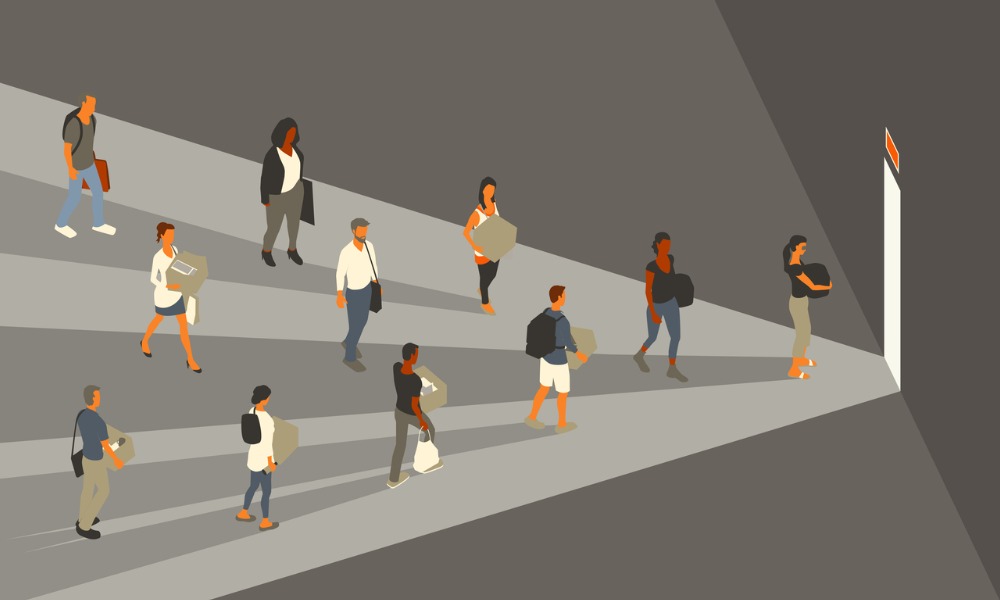While industrial relations changes have increased stress levels for Australia’s casual employees, many of Australia’s most highly skilled and sought-after workers also feel trapped in unhealthy conditions, according to one of the country’s leading workplace health experts
While industrial relations changes have increased stress levels for Australia’s casual employees, many of Australia’s most highly skilled and sought-after workers also feel trapped in unhealthy conditions, according to a leading workplace health expert.
“In past decades, research showed that occupational stress was worse for people who have little control over their work,” said Professor Niki Ellis.
“Industrial relations changes have made this worse, not better. Furthermore, people in insecure employment are reluctant to make unsafe working conditions an issue, so will often put up with them. The casualisation of the workforce has had a huge negative impact on occupational health and safety.”
Recent research showed workplace stress was becoming more widespread, irrespective of social standing, with highly skilled workers also increasingly experiencing unhealthy levels, she said.
“Work-life balance is a problem for them,” she said. “There are lots of highly skilled workers putting in 50 hours per week. They’re not all doing it because they love their jobs but because they’re trapped by their lifestyles. Given that international research is showing that workplace stress is a leading cause of illness, that’s a big problem.”
Speaking at the recent Safety In Action conference, Ellis said she was “struck by the attitude of denial” towards workplace stress in Australia, where little recognition is given to psychosocial workplace hazards, in contrast to the United Kingdom, where the government introduced stress management standards in 2005.
“Australian employer groups have been very effective in blocking any action to address workplace stress and the Australian Safety and Compensation Council has been silent on it. It’s extraordinary really,” she said.
“Hang on, whatever you might think of stress, it means a lot of people are not working as well as they should and employers of choice are looking at stress very seriously.”








